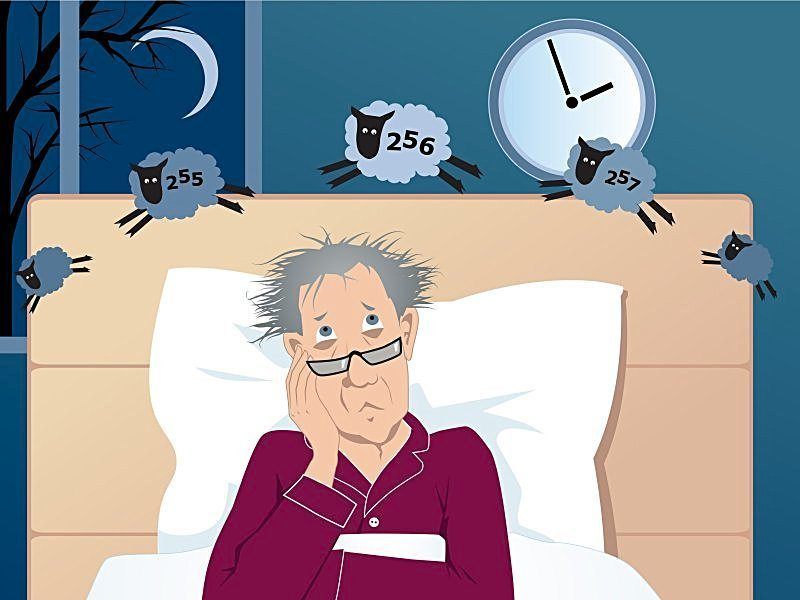We all know how much we need a good night’s sleep. Unfortunately, falling asleep with type 1 diabetes might be a bit more difficult than usual. These people experience sudden spikes and dips in their blood sugar levels, especially during the night.
According to the Sleep Disorder Program at the Louis Stokes Cleveland VA Medical Center, around 40- 50% of people with this chronic condition don’t get enough sleep.
Furthermore, getting proper rest is crucial for managing blood glucose levels and improving the overall health. As a result, it is highly important to get the sleep we need. But, what makes it so difficult for people with this condition?
How can someone fix this problem and beat these sleeping disorders? Here is everything we need to know about it.
How Type 1 Diabetes Affects Sleep
Both the psychological and behavioral aspects of the disease make it more difficult to get enough sleep and keep the condition in check. In addition, the lack of sleep can affect the disease’s development, progression, and even complications.
According to researchers, a good night’s sleep is crucial for managing the condition, improving metabolic and cardiovascular health. Lack of sleep in healthy adults can significantly affect the metabolism and cause various heart diseases.
So, instead of sleeping for 5 hours, it is important to sleep 8.
Sleep Apnea
Those with sleep apnea stop and continue breathing repeatedly during their sleep. This problem prevents them from falling into deep states of sleep. In addition, they can’t sleep properly. Some of the signs of sleep apnea are:
- Excessive snoring during the night;
- Drowsiness during daytime.
Moreover, there are 2 kinds of sleep apnea. The first one is the obstructive apnea. It appears when the upper airway (or the throat region) becomes narrower and loses its levels of oxygen. As a result, it triggers brain response that wakes a person up.
The second kind of sleep apnea is central sleep apnea. It happens when the brain sends confusing signals to the muscles in order to control the breathing. In addition, they don’t allow the person to fall into a deep sleep.
As records claim, this sleep apnea probably occurs only in those who have had type 1 diabetes for an extended period. The best way to avoid such a problem is to focus on leading a healthy lifestyle and try to deal with the emotional stress.
How to Deal with Sleep Apnea
If we have sleep apnea it is important to consult with our doctor about the steps we should take in dealing with this problem. Moreover, if our child has the disease and has sleeping disorders, it is important to seek help from a pediatrician.
In the end, a doctor will further examine us to locate the source of the problem and be able to treat it accordingly. Plus, this problem is easy to treat. To get the breathing in check, a person has to use an oral breathing device to lessen up the mucus in the airways.
Night Seizures
According to researchers, about 75% of all diabetic seizures happen in the middle of the night. The drastic decrease in blood sugar levels can cause these problems during sleep. Therefore, we should always take precautions and keep our blood glucose levels in check.
As a result, we suggest monitoring blood glucose levels at all times, especially before going to bed.
How to Get a Good Night’s Sleep
Here is what we can do to sleep better:
- Keep the blood glucose levels in check;
- Go to bed and wake up at the same time every day (follow a routine);
- Ventilate the room at all times;
- Avoid stressful situations;
- Eat food that’s good for blood sugar levels so that the stomach won’t have trouble digesting it;
- Exercise regularly.


